Safaricom, Kenya’s largest telecommunications company, announced Monday it has secured a KES 15 billion sustainability-linked loan, the largest such financing in East Africa to date.
The loan aims to advance Safaricom’s environmental, social and corporate governance goals, known as ESG, and is the first of its kind for both the company and Kenya. It also marks the first Kenya shilling-denominated sustainability-linked loan in the local market.
“This funding will unlock our ability to create more diversified investments that will support transformative investments in new technologies, systems and services that allow us to comprehensively manage our ESG footprint,” Safaricom CEO Peter Ndegwa said in a statement.
The consortium of four banks providing the loan – Standard Chartered, Standard Bank, ABSA and KCB – enables Safaricom to access funding based on achieving milestones across key ESG areas like emissions reductions, gender diversity and social equality impacts.
The loan “aligns our financial strategy with our Sustainability agenda, a reflection of our commitment to transforming lives by partnering for growth,” Ndegwa said.
Safaricom will focus on becoming carbon neutral, enhancing gender diversity and monitoring social equality as it transitions to a technology company by 2025.
The sustainability-linked loan also positions Kenya as a leader in responsible investment, according to Standard Chartered Bank Kenya CEO Kariuki Ngari.
“Across the market, we are seeing accelerated interest in sustainable finance products alongside more considered strategies for climate initiatives. We are enthusiastic about this partnership with Safaricom as it positions Kenya as a regional leader in inclusive and responsible investment,” Ngari said.
The deal enables further sustainability financing in the region as companies seek greater accountability in ESG reporting and financing, Ngari added.
Standard Chartered Kenya arranged the loan as global coordinator, sustainability coordinator and mandated lead arranger. KCB also acted as a mandated lead arranger, while Standard Bank and ABSA were arrangers.























![The ultimate buyer’s guide for choosing the best TV [2023]](https://thenetick.co.ke/storage/2023/08/design-medium-360x180.jpg)



![5 Best AI Video Editor Tools [2023]](https://thenetick.co.ke/storage/2023/07/Featured-Image-360x180.png)











